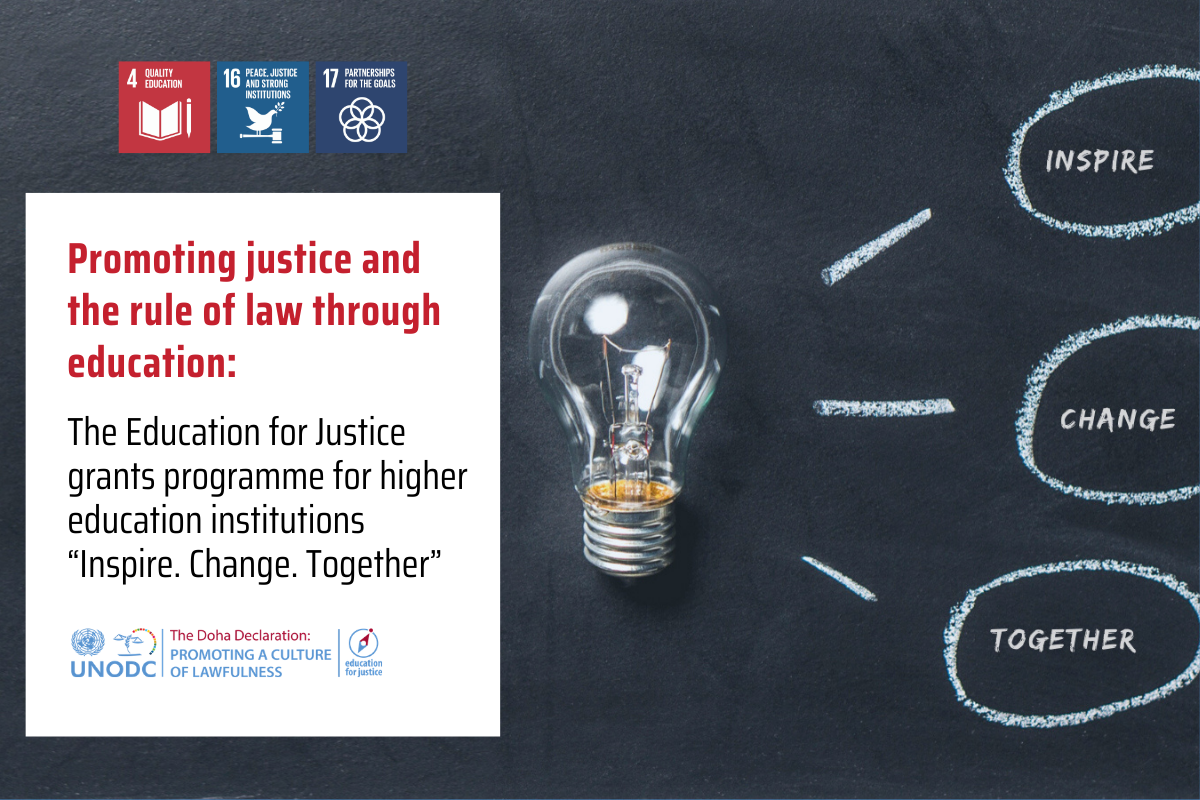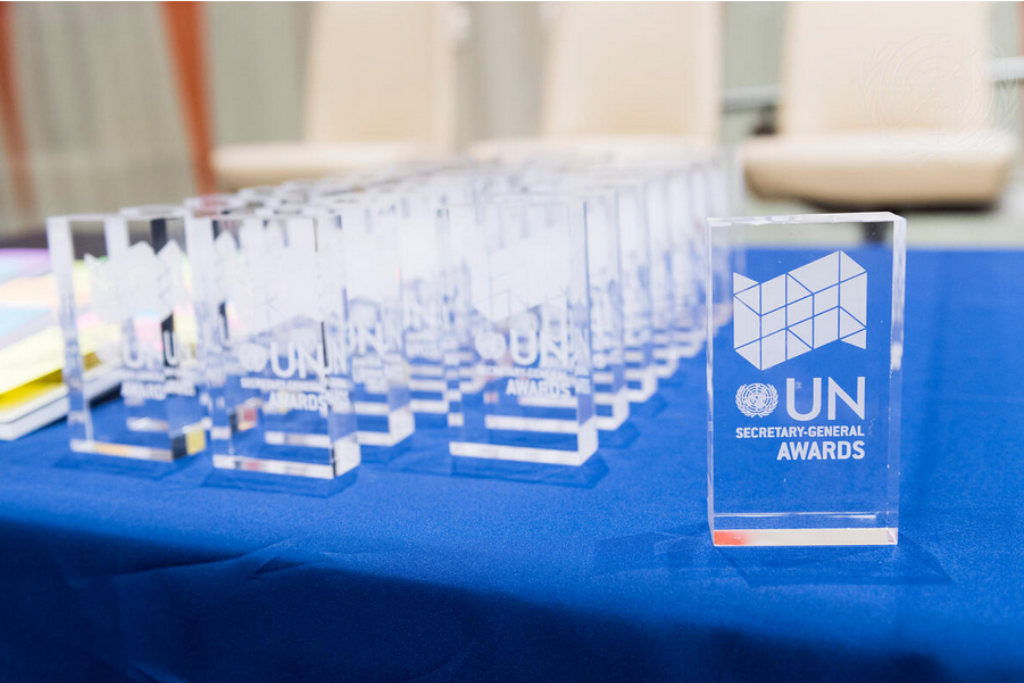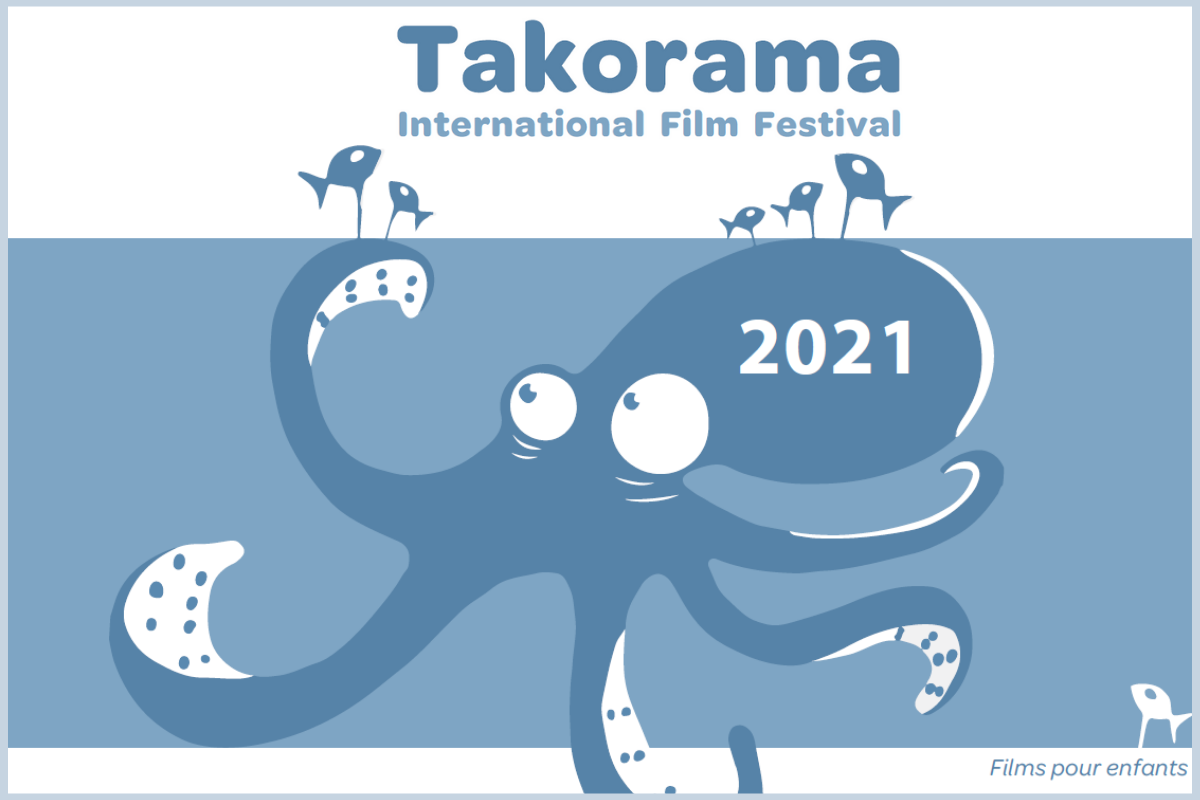Bolivian high school students battle it out at the keyboard to promote justice and the rule of law
6 September 2017 - Following on from UNODC's successful hackathon (or coding challenge) in South Africa in July, a second #Hack4Justice event was held in Bolivia this past week. Organized in partnership with the Higher University of San Andrés, some 36 secondary school students aged 13 to 18 gathered in La Paz, Bolivia to show off their ideas and compete to develop educational games focussing on justice and rule of law issues.
The hackathon provides the basis for the development of a series of interactive tools to help students learn about these issues as part of UNODC's Doha Declaration Global Programme. Catering for secondary school students - the ultimate consumers of future games under the Education for Justice (E4J) initiative - hackathons are an ideal opportunity to involve the prospective users of these products right from the start and to gauge the kind of approach youth would take to teach justice values among their peers.
Held over three days, the Bolivia hackathon brought together various volunteers and university students as mentors, who provided on-going feedback and advice to the participants. The mentors helped guide students in terms of technical issues, educational questions, and topical concerns around E4J-related themes.
An all-girls team, Cultura Marraqueta, took first place with their idea for a game called 'Utopia'. In this, players move within a fictitious world where different villages are dominated by monsters who represent specific crime types such as corruption or trafficking in arms, drugs or humans. The objective is for players to navigate around these villages where they face a series of challenges. Once a challenge is completed, the monster assumes a human form and abandons the criminal activity they were involved with. The winning team was chosen based on a creative idea with a strong educational focus, which at the same time allows teenagers to learn about and address rule of law issues in a captivating way.
Second place winners Stil came up with a game that focused on values in a corruption-ridden world in which an alien arrives on earth and is faced with the task of purchasing spare parts for its spaceship. In order to collect the parts, however, the alien needs to face a series of challenges designed around a set of anti-corruption values. By correctly passing each challenge - and with it learning about the different values - players can then unlock a new part for the spaceship. Placed third, the team of Saeta designed their game around a police detective who is investigating human trafficking cases and who faces a number of challenges in the course of his work. In order to catch the criminals, he makes a decision to use various unlawful measures, such as internet hacking. This decision places the detective in trouble and encourages players to question their own actions in real life when faced with difficult choices between right and wrong.
The winners and runners-up were decided by a panel of jurors who also took into consideration the popular vote of the participants as well as factors such as originality, educational value and how far the proposals were developed over the course of two and a half days. In addition to UNODC staff from Vienna and the Country Office in Bolivia, the panel included Marilín Sánchez from the Higher University of San Andrés and Gerick Toro, from the game-developing company Relativity, both of whom offered follow-up coaching to the first place team to allow them to further develop and eventually publish their winning app. With just over half of the participants being female, the hackathon was a real success in encouraging more girls to be involved in coding - a traditionally male dominated area.
Joining their older peers, a small group of primary level students aged 8 to 12 from a Bolivian programming school for children, Instituto Elemental, also participated in the E4J hackathon. Given the nature of the thematic focus, the hackathons are designed for secondary level students. However, the event in Bolivia offered a valuable opportunity for budding programmers to join the challenge, receive feedback on their entries and compete alongside older children.
The La Paz hackathon is one of three being held in different parts of the world to better take into account views from youth on the topic. In addition to the one held in South Africa, another such event will be held in Indonesia. The hackathons form part of the wider E4J work, which aims to develop and disseminate educational materials on the issues of crime prevention, criminal justice and other rule of law aspects at the primary, secondary and tertiary levels worldwide.
Additional information:
Doha Declaration Global Programme


